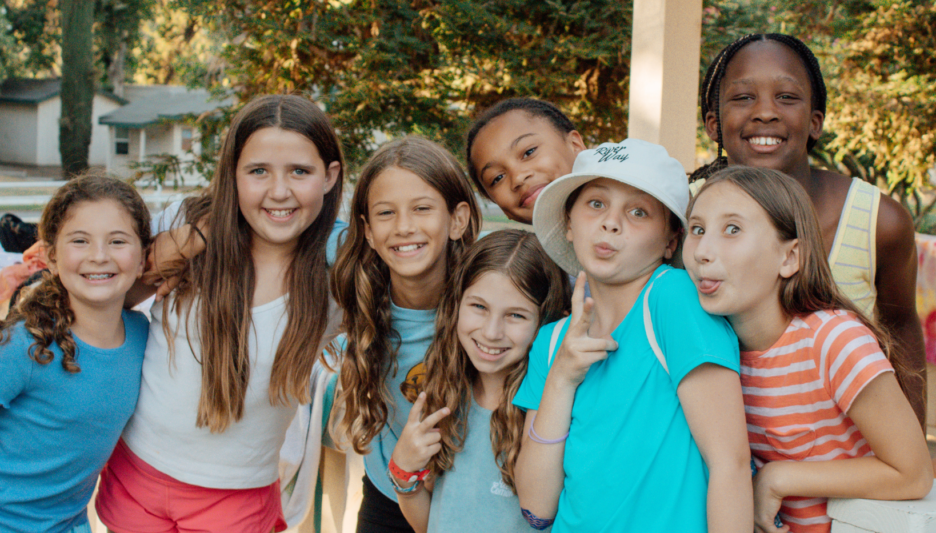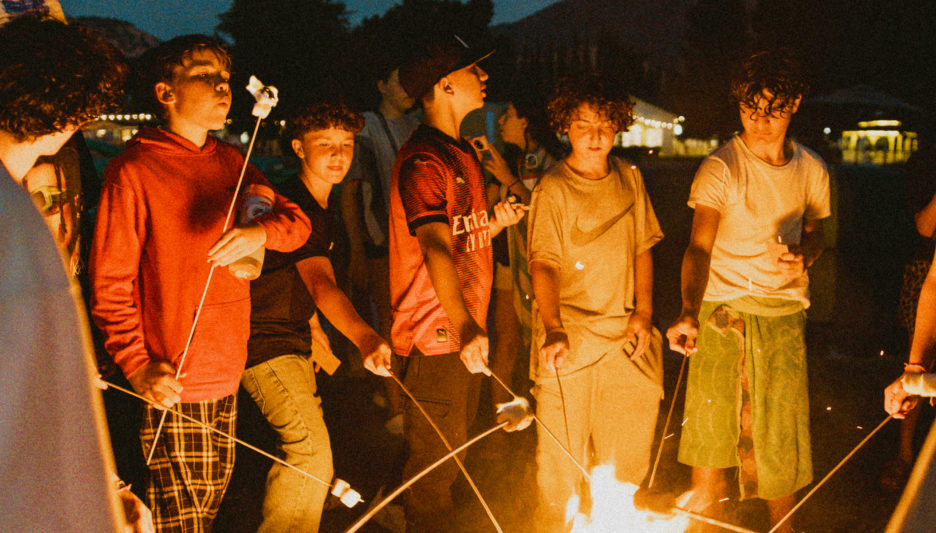Helping Your Child Overcome Homesickness: 3 Practical Takeaways for Parents

Helping Your Child Overcome Homesickness: 3 Practical Takeaways for Parents
Sending your child to camp is an emotional rollercoaster, on one hand, you’re excited for them to experience something incredible, but on the other hand, you can’t help but worry. I get it. As both a parent and someone who’s worked in the camp world for years, I’ve had countless conversations with parents feeling nervous about their child’s first time away from home. Let’s be honest: watching your child pack up and head off to camp can be nerve-wracking, especially wondering if they will experience homesickness.
Here’s the thing: homesickness is normal.
Every summer, I see kids come through our gates with wide-eyed excitement…and a little anxiety. It’s part of growing up. What I’ve also seen time and again is that with the right preparation and support, kids don’t just survive homesickness, they grow through it.
In this post, I want to share three practical takeaways, rooted in both my personal and professional experience, that can help you and your child navigate homesickness with confidence. Hopefully, by the end, you’ll feel a little more at ease about this whole camp experience.
Takeaway 1: Acknowledge Their Feelings
One of the best ways to prepare your child for camp is by letting them know it’s okay to miss home.
Sometimes, as parents, we want to shield our kids from discomfort, but homesickness is one of those things they need to experience, and it’s a good thing. Missing home doesn’t mean they’re not having fun, it just means they care about their family and familiar surroundings.
What This Looks Like in Practice
Before camp, have an honest conversation. Say something like, “It’s totally normal to miss home at first. A lot of kids feel that way, but you’ll have so many things to do and people to meet that those feelings will pass.”
Reassure them that homesickness isn’t something to be afraid of, it’s something to expect and work through.
I’ve seen kids walk through our gates with nervous energy, unsure of what to expect, and within a few days, they’re the ones leading bunk cheers. But getting there starts with you helping them frame homesickness as part of the adventure, not something to fear.
Takeaway 2: Give Them Tools to Build Independence
Camp is one of the best places for kids to develop independence, and homesickness is often their first big test. I’ve found that when kids learn how to manage their feelings and find solutions on their own, they leave camp feeling more capable and confident. The key is to give them tools before they leave.
What This Looks Like in Practice
Talk about what they can do when they start feeling homesick. Ask, “What do you think you could do if you start missing home?” Let them come up with ideas first, maybe it’s joining an activity, talking to a counselor, or writing a letter home. Then, share a few strategies of your own. This approach empowers your child to take control of their emotions, which is crucial for overcoming homesickness.
You can even role-play scenarios together. For example, “What if you’re feeling sad right before bed? Who could you talk to?” or “If you miss home during an activity, what could you do to feel better?” Giving them a mental game plan helps them feel more in control.
Pro Tip:
Remind them that counselors are there to help. Our counselors are trained to handle homesickness with empathy and care. Encourage your child to speak up if they’re feeling down, they won’t be the only one, and they’ll get the support they need.
Takeaway 3: Stay Supportive Without Over-Involving Yourself
Here’s the hard part: once your child is at camp, you have to trust the process.
I know how tempting it can be to check in constantly or worry every time you don’t see multiple photos of them, but sometimes the best thing you can do is give them space to figure things out on their own.
What This Looks Like in Practice
When you do communicate, focus on the positives. Instead of saying, “We miss you so much!” (which can make them feel guilty), say something like, “We’re so excited to hear about your adventures! Have you tried anything new yet?” This keeps the focus on their experience rather than what they’re missing at home.
If you get a letter saying they’re homesick (which can happen), don’t panic.
It’s usually written in a moment of emotion, and by the time you read it, they’ve likely moved on and are having a blast. Respond with encouragement and reassurance: “It sounds like you’re missing home a little, and that’s okay. We’re so proud of you for trying something new!”
Wrap Up
I know that sending your child to camp can be a leap of faith, especially if it’s their first time away from home.
But here’s what I can tell you after years of watching kids navigate this experience: homesickness is temporary, but the confidence and resilience they gain from working through it lasts a lifetime.
You’re not alone in this. We’re here to support both you and your camper every step of the way. From our counselors to our directors, we all understand how important this experience is, and we’re committed to making it a positive one.
If you have any specific concerns about homesickness or your child’s adjustment to camp, please don’t hesitate to reach out. We’d love to help ease your worries and give you more insight into how we handle these situations.


